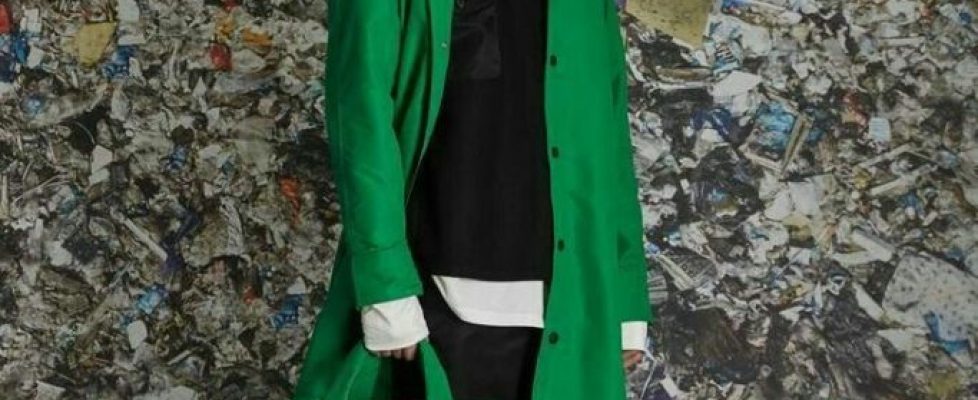Planet
“Planet”, “Profit”, “Purpose” and People “People” are the four pillars behind of the Fashion Business School. They play a major role for the sustainable development within society, and particularly focus on the fashion industry. Within this blog, the primary focus will be Planet.
Fast fashion is an increasing problem within society and is only getting worse as the days progress. There are numerous opportunities for consumers to create an ethical, innovative circular economy. A circular economy in fashion refers to a system where clothing items in which garments are designed, produced, manufactured and utilised in a way that minimises waste and maximises resource efficiency. This involves practices such as recycling, upcycling and extending the lifespan life of garments clothing through repair and resale.
Fast fashion has taken the world by storm by introducing low-cost garments that can be mass-produced at high speed. The economic disadvantage is that most clothing requires large amounts of raw materials, energy, artificial fertilisers and water. This typically creates synthetic materials that are not naturally biodegradable, resulting in a large amount of pollution, waste and landfills. For this reason, the United Nations Sustainable Development Goals were launched in 2015 to slow waste growth and integrate sustainable goals into the industry to promote environmentally friendly strategies, transparency in production and more efficient resource management as well as addressing global issues from CO2 emissions to global supply chain waste.
Focusing on Chapter 12 within the SDG- responsible consumption and production, it is reported that “85% of all textiles end up in landfill on a yearly basis as well as the number of times a garment is worn has declined by around 36% in 15 years” (Igini, 2023) which works out to garments being worn about 7 times. This indicates that society has taken fast fashion for a throw away culture, that can be disposed and conveniently replaced, compared to times where people valued their clothing and the emotions it evoked within them, such as pride, confidence and joy.
Considering that the majority of consumers are the digital-first generation, influenced by social media, sustainable movements and authentic brands; Generation Z accounts for a significant portion of sales in the fashion market and has unique preferences that they want to express. Their purchasing power and influence drive trends and shape the future of industries. When companies are not honest about where the products they produce come from, consumer trust is lost, which could impact their brand presence and even revenue performance. “Companies should be attuned to three implications for this generation: consumption as access rather than possession, consumption as an expression of individual identity, and consumption as a matter of ethical concern.” ( Francis, 2018). With such goals in place in this generation that promotes sustainability, consumers can identify which companies, organizations, and brands they can engage with and hold accountable those who do not promote sustainable transparency.
By amalgamating these domains, it grants individuals and corporations alike the possibility to establish themselves in an ideal alignment, thus catering to a larger clientele whose collective challenge for the environment mirrors a contribution in mitigating everyday habits to formulate a viable world.
Reference list
Francis, T. and Hoefel, F. (2018). ‘True Gen’: Generation Z and Its Implications for Companies. [online] McKinsey & Company. Available at: https://www.mckinsey.com/industries/consumer-packaged-goods/our-insights/true-gen-generation-z-and-its-implications-for-companies.
Igini, M. (2023). 10 Stunning Fast Fashion Waste Statistics. [online] Earth.org. Available at: https://earth.org/statistics-about-fast-fashion-waste/.
